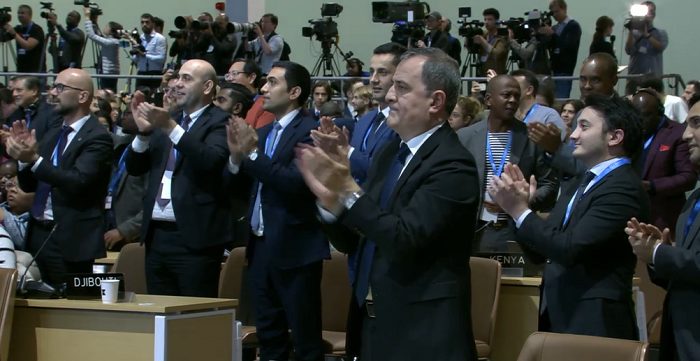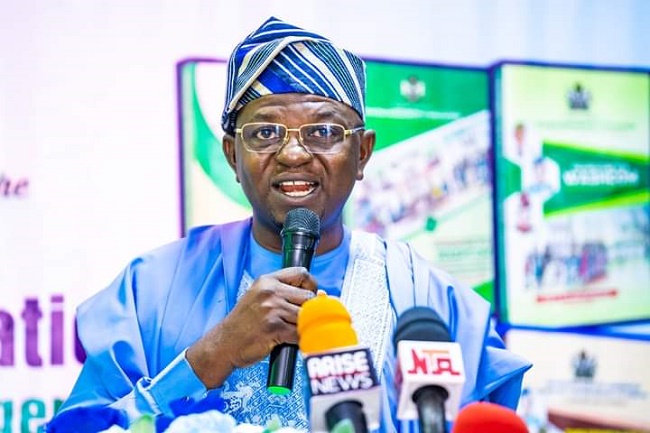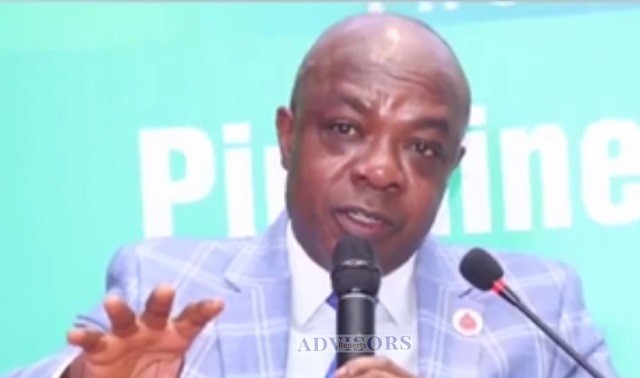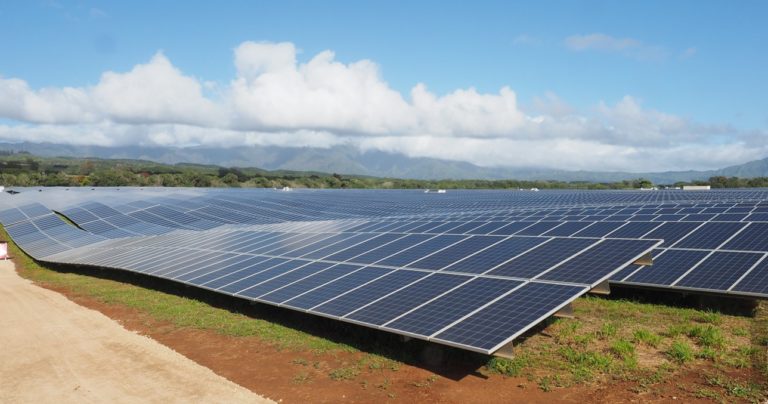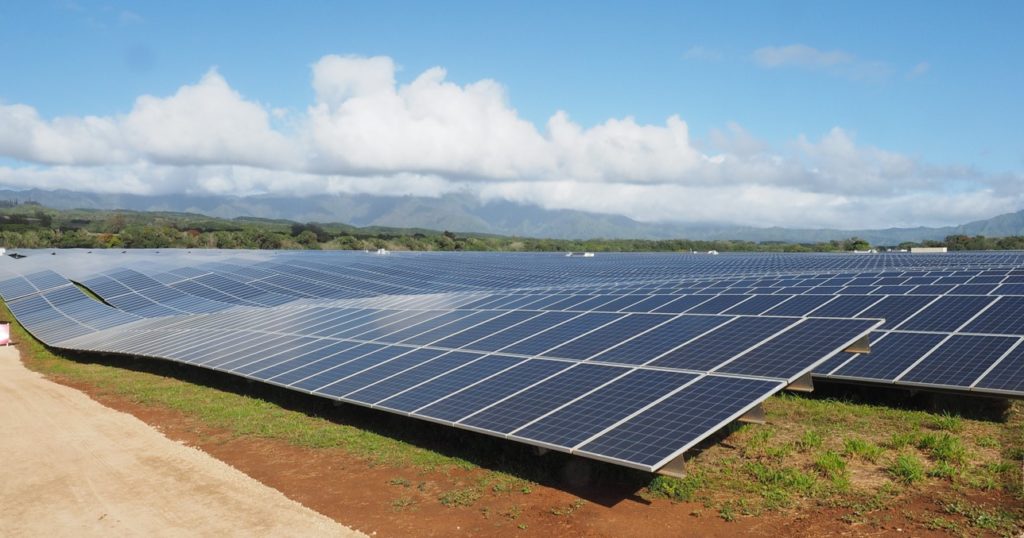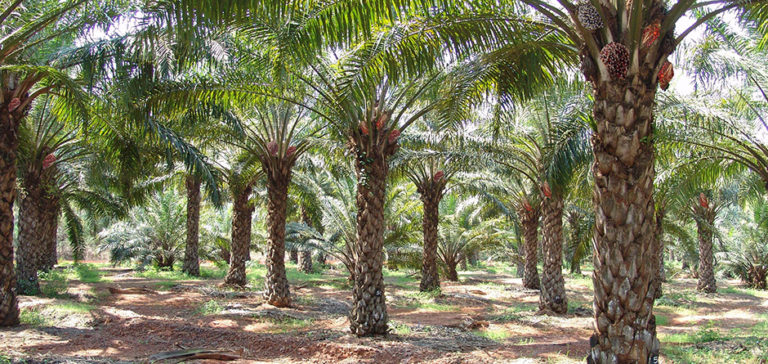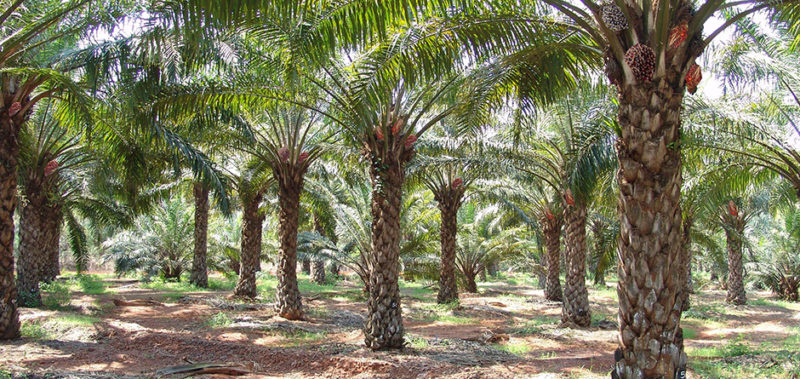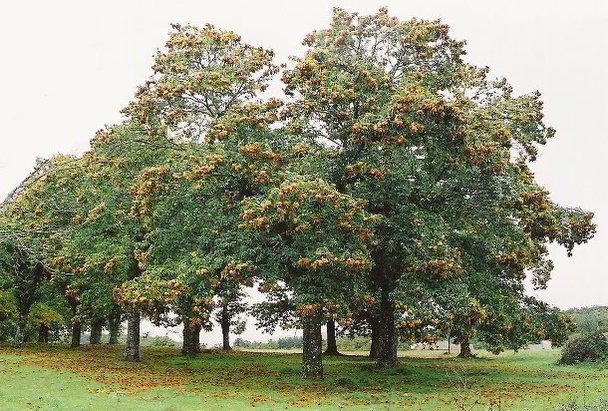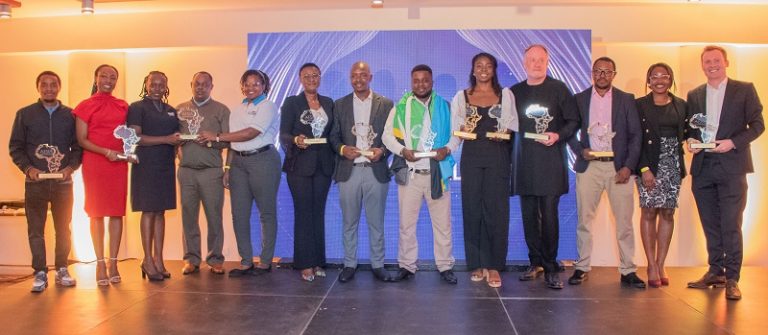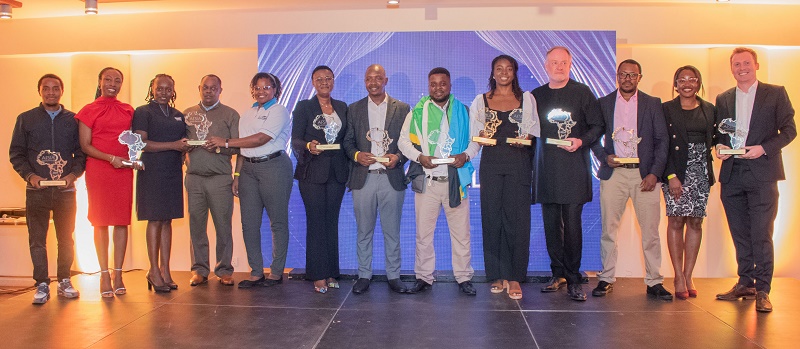As the INC-5 negotiations move closer to the finish line in Busan, Korea, environmental justice and worker organisations have joined to demand that nations refrain from including plastic credits and bonds as part of their financing commitments to address the plastic pollution crisis.
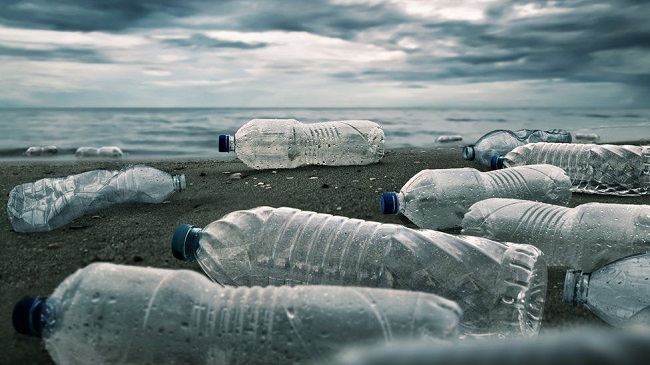
Fernando Tormos-Aponte of Just Transition Alliance said: “Plastic credits and bonds should not be included in the global plastic treaty because they incentivise plastic production, provide loopholes for further plastic pollution, and perpetuate the plastic pollution crisis. Plastic credits and bonds allow polluters to put a price on plastic pollution and pay to continue business as usual while claiming they’re doing something to stop pollution. Funding to address the plastic pollution crisis must be public, direct, and grant-based. The plastics treaty must finance a just transition.”
Adrienne Aakaluk Titus of Indigenous Environmental Network said: “Plastics credits and bonds would only exacerbate the global pollution crisis and accelerate climate change. This is another false solution backed by industry and developed countries masking their intention to continue doing business as usual leaving Indigenous Peoples and frontline communities the most vulnerable and impacted. We demand a Just Transition framework that does not make sacrifices of human life and Mother Earth. It is imperative that funding be grant based for public access and distribution be direct for equity and equality in this process.”
Indumathi of International Alliance of Waste Pickers said: “We waste pickers prefer to avoid market-based mechanisms for addressing plastic pollution, as often such mechanisms privilege other stakeholders over waste pickers.”
Frankie Orona of Society of Native Nations said: “As Indigenous Peoples, we have lived in harmony with the land, air, and water for generations. We see the earth not as a resource to exploit but as a relative to protect. Plastic credits and bonds are yet another colonial mechanism that commodifies destruction, allowing corporations to profit while our territories bear the brunt of pollution.
“The world is watching the plastic treaty negotiations here in Busan. The states involved must deliver a strong, inclusive and ambitious agreement that avoids false solutions and includes clear provisions for a just transition, addressing workers’ rights, occupational safety and health, social protection, and dialogue. Without these essential references, the treaty will not be acceptable to trade unions representing millions of workers across the plastic supply chain, both formal and informal”
Repon Chowdhury of International Trade Union Confederation (ITUC) said: “These financial schemes perpetuate harm to our ecosystems and communities under the guise of ‘solutions.’ True action to address the plastic crisis must centre on justice, equity, and respect for Mother Earth, with financing that is public, transparent, and rooted in the protection of human rights and Indigenous sovereignty.”

